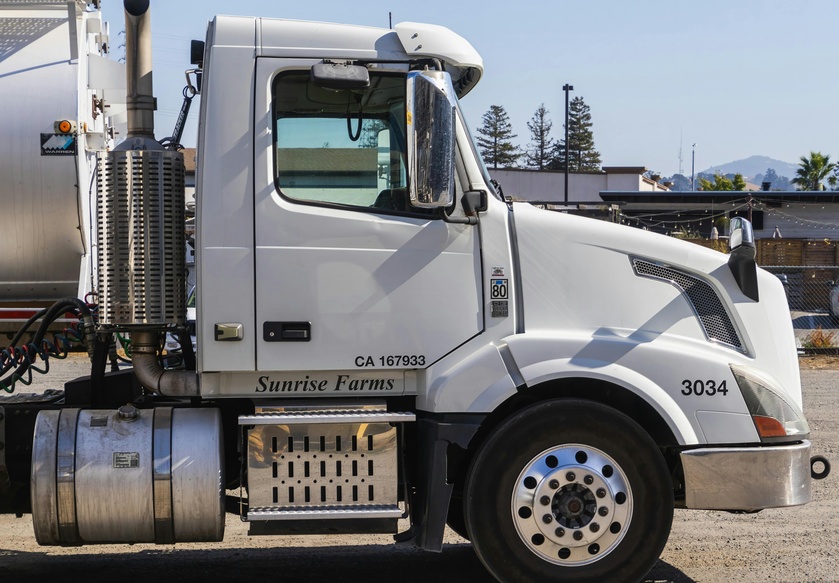
Accidents involving commercial trucks can result in devastating injuries, extensive property damage, and even fatalities. When a negligent truck driver causes harm, victims have legal options to pursue justice and compensation. Holding these drivers accountable requires a thorough understanding of the legal process, including gathering evidence, filing claims, and navigating court proceedings.
Understanding Truck Driver Negligence
Negligence in trucking accidents occurs when a truck driver fails to exercise reasonable care, leading to an accident. Common causes of truck driver negligence include:
Driver Fatigue – Federal regulations limit the hours a truck driver can operate, but violations are common, increasing the risk of accidents.
Distracted Driving – The use of mobile devices, GPS systems, or other distractions can impair a truck driver’s focus.
Speeding and Reckless Driving – Exceeding speed limits, aggressive driving, or improper lane changes can contribute to serious crashes.
Driving Under the Influence – Alcohol or drug impairment significantly reduces reaction times and decision-making abilities.
Poor Vehicle Maintenance – Failing to maintain and inspect trucks properly can result in mechanical failures leading to collisions.
Steps to Take After a Truck Accident
If you are involved in a truck accident, taking immediate steps can help protect your legal rights and strengthen your claim.
1. Seek Medical Attention
Your health and safety should be the top priority. Even if you feel fine, some injuries may not present symptoms immediately. Prompt medical evaluation also establishes documentation of your injuries, which is crucial for any legal claim.
2. Report the Accident
Call law enforcement to report the crash. The police will create an accident report, which can serve as critical evidence in your case.
3. Gather Evidence at the Scene
If possible, collect evidence such as:
Photos of the accident scene, vehicle damage, and injuries
Contact information for witnesses
Trucking company and driver details, including license plate and insurance information
4. Consult a Truck Accident Lawyer
Navigating truck accident claims can be complex. An experienced attorney can investigate the accident, identify liable parties, and help you pursue compensation.
Establishing Liability in a Truck Accident Case
Determining liability in a truck accident involves multiple factors. The responsible parties may include:
1. The Truck Driver
If the driver violated traffic laws, drove recklessly, or was under the influence, they can be held accountable for the crash.
2. The Trucking Company
Trucking companies may be liable if they:
Failed to enforce federal safety regulations
Hired unqualified or poorly trained drivers
Encouraged unsafe driving practices, such as violating hours-of-service rules
3. Manufacturers and Maintenance Providers
Defective truck parts or inadequate maintenance can contribute to accidents. In such cases, liability may extend to manufacturers or maintenance providers.
The Legal Process for Holding Negligent Truck Drivers Accountable
Once liability is established, victims can pursue legal action to seek compensation for their losses.
1. Filing an Insurance Claim
Most truck accident claims begin with filing a claim against the responsible party’s insurance. Trucking companies often carry substantial insurance policies, but insurers may attempt to minimize payouts. A skilled attorney can negotiate for a fair settlement.
2. Filing a Personal Injury Lawsuit
If settlement negotiations fail, filing a personal injury lawsuit may be necessary. This process involves:
Complaint Filing – A legal document outlining your claims against the defendant is submitted to the court.
Discovery Process – Both parties exchange evidence, including accident reports, medical records, and expert testimonies.
Settlement Discussions or Trial – Many cases settle before trial, but if no agreement is reached, the case proceeds to court.
3. Pursuing Compensation
Victims of truck accidents may be entitled to various forms of compensation, including:
Medical Expenses – Coverage for hospital stays, surgeries, rehabilitation, and future medical care.
Lost Wages – Compensation for missed work and reduced earning capacity.
Pain and Suffering – Damages for emotional distress, physical pain, and diminished quality of life.
Wrongful Death Damages – If a truck accident results in a fatality, surviving family members may pursue compensation for funeral expenses and loss of companionship.
Federal Regulations Governing Trucking Safety
The trucking industry is heavily regulated to promote safety and reduce accidents. The Federal Motor Carrier Safety Administration (FMCSA) enforces rules related to:
Hours-of-service regulations to prevent driver fatigue
Drug and alcohol testing requirements
Truck maintenance and inspection standards
Understanding these regulations can help build a case against negligent drivers and trucking companies.
Why Legal Representation is Crucial
Truck accident claims are more complex than typical car accident cases due to the involvement of multiple parties, federal regulations, and high-value insurance policies. Working with experienced legal professionals, such as the SKG truck accident legal experts, ensures that victims have strong legal representation to fight for their rights.
Conclusion
Holding negligent truck drivers accountable requires a thorough legal approach, from gathering evidence and filing insurance claims to pursuing litigation when necessary. Victims should act promptly to protect their rights and seek fair compensation. If you or a loved one has been involved in a truck accident, consulting with experienced attorneys, such as this legal group, can significantly impact the outcome of your case.


















